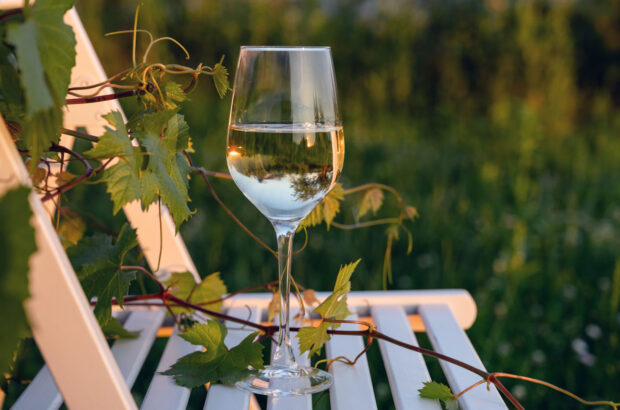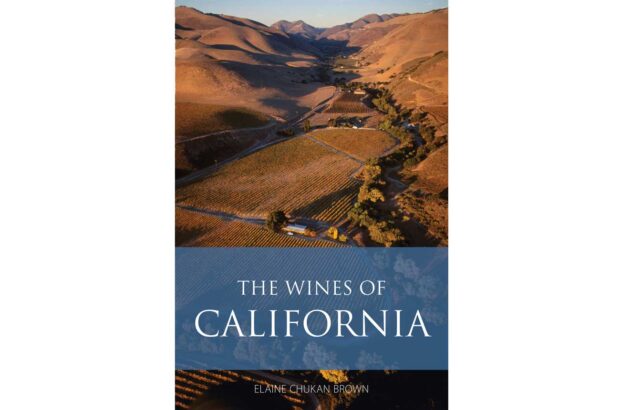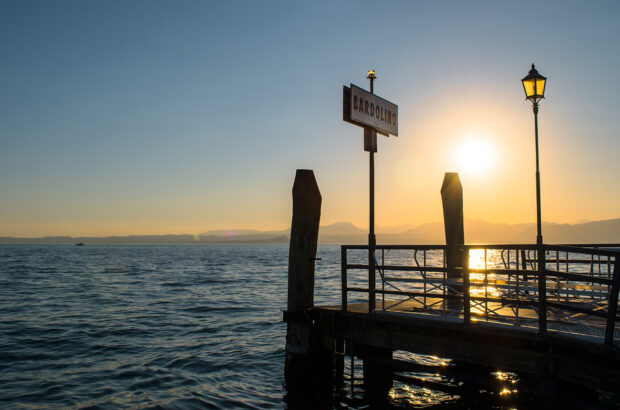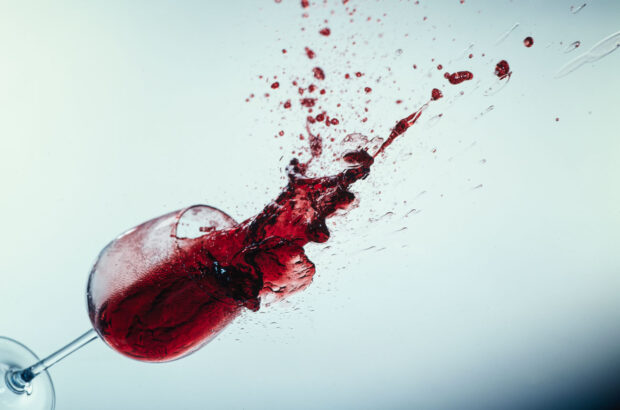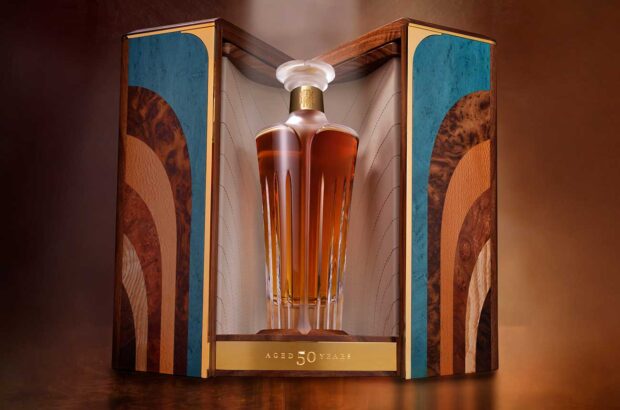Fifteen years ago, I arrived late with a couple of friends to the village of Tain l’Hermitage. It was dark, it was cold, we were hungry. We left our hotel on foot to find something to eat. It was only 9.30pm, but a couple of brasseries in the main square were already closing.
There was one place that was still busy, a local pizza joint. We asked the waitress if we could order some food. She asked the chef. He said no, it was 9.45pm, far too late. But she was still serving desserts, she said, if we wanted one? My dinner that night was ice cream, chocolate mousse and a crème brûlée.
It used to amaze me that the home of Hermitage, and the Northern Rhône more generally, was so uninterested in tourism. A lot has changed since then.
It’s surprising that any kind of tourism took so long to establish itself here – after all, these steep, terraced vineyards are some of the most dramatic in the world. It’s an unspoilt landscape that attracts a lot of walkers, cyclists and water sports enthusiasts.
Most of the other main draws are wine-related: walking tours through the vineyards, winery visits, and plenty of places to eat and drink to balance out all that healthy daytime activity.
It might be possible to get a meal after 9.30pm these days, but it’s still important to do your research before arriving. Most wineries are small, family-run domaines and though most will be happy to welcome visitors, you should always book in advance. It will probably be the owner or their family that receive you personally – no polished marketing droids here.
A few tips. Make sure you get directions, as some can be hard to find – and French addresses can be exasperatingly vague. It might also be worth checking what languages they speak if you don’t speak French. And if possible, leave the kids at home; for a four-year-old, a winery is a uniquely intoxicating blend of the boring and the hazardous.
Côte-Rôtie and Condrieu
The two small towns to know at the northmost end of the region are Ampuis, at the heart of Côte-Rôtie, and Condrieu.
You could choose either as a base, but there are more eating options in Ampuis: Le Bistrot de Serine and Epicurieux are both informal spots with good simple food and great wine selections.
If you’re in the mood for fine dining, a different option is Le Beau Rivage in Condrieu. A 15-minute drive away on the opposite bank of the river is Domaine de Clairefontaine – the best option for both food and lodging.
I can’t imagine that many visitors to this part of the world aren’t wine lovers – there’s not an awful lot else to do. But seeing as you are, you’ll be in seventh heaven. The following domaines are easy to locate in either Ampuis or Condrieu, and make excellent wines from both appellations: Domaine Georges Vernay, Domaine Xavier Gérard, Domaine Stéphane Ogier, Domaine Barge and Domaine Rémi Niero.

Domaine Georges Vernay
Tain l’Hermitage and Tournon
These two towns are on either side of the Rhône, connected by bridge. Tournon is slightly larger and perhaps prettier, but Tain has more accommodation and restaurant options – both make a good base to explore the Northern Rhône.
The village of Tain, squashed between the river and the hill of Hermitage itself, has spruced itself up immeasurably over the past 15 years. Jaboulet and Ferraton have opened reliable brasseries. My favourite wine bar is Le Bateau Ivre, which has a great list of Rhône wines.
More formal options include the unmissable Les Mangevins, a husband-and-wife team offering fresh, precise cooking in an elegant room on a quiet backstreet. Another good option is Marius Bistrot in Chapoutier’s newly-refurbished hotel, Fac & Spera. It’s also a good option for somewhere to stay, as is Hôtel Les 2 Coteaux.
Chapoutier and Cave de Tain both have boutiques, where you can plan a variety of tours or walks around the vineyards. And Delas has just opened an architecturally impressive new winery and visitor centre.

Cave de Tain Hermitage
If you’re looking for a wine shop, try Le Cave aux 5 Sens. It’s in a commercial park next to a supermarket, so don’t expect old-world charm; but you can expect an excellent selection of wines. For more personal service and a tighter range, visit La Compagnie de l’Hermitage.
Over the river in Tournon, if you’re looking for a chic, boutique hotel, Hotel de la Villeon is a fine place to stay. To eat, try Le Cerisier, which has a comfortable but contemporary feel.
Cornas and Saint-Péray
These neighbouring villages are smaller than Tain and Tournon, but certainly worth a day trip.
On the way from Tournon, go via the village of Mauves, home to an inordinate number of excellent producers, including Domaine Coursodon, Domaine Marsanne, Domaine Bernard Gripa, Domaine Gonon and Domaine Jean-Louis Chave.

Jean-Louis Chave vineyards-credit-Nanda-Gonzague
You’ll also drive past the village of La Roche de Glun which inhabits a small island in the Rhône River. Here you’ll find the restaurant and wine shop Auberge Monnet, which has a good selection of natural wines within their broader range.
Between Cornas and Saint-Péray, the latter is the prettier. Take a walk up to the ruined Château de Crussol and grab a spot of lunch at bistrot La Ruche – its list of Cornas and Saint-Péray is second to none.
There aren’t many wineries to visit in Saint-Péray, but Domaine Rémy Nodin and Domaine du Tunnel are both in the village.
In Cornas there are plenty; try Domaine Alain Voge, Domaine du Coulet, Domaine A&E Verset – perhaps even Domaine Clape if you’re lucky.
When to visit
The best time to visit is between April and July, when you’re likely to get good weather. In August many producers will be on holiday, and in September they’ll be concentrating on the new vintage. October can be rainy.
Getting there
Grenoble Isère Airport is an hour’s drive from both Ampuis and Tain L’Hermitage. Lyon Saint-Exupéry Airport is an hour’s drive from Ampuis and an hour and a half from Tain.
Join Matt Walls on the Decanter Wine Experience Rhone Valley Wine Tour this June.
Decanter Wine Experiences are arranged in connection with Academic Travel Abroad Inc. For full terms and conditions, see here.



